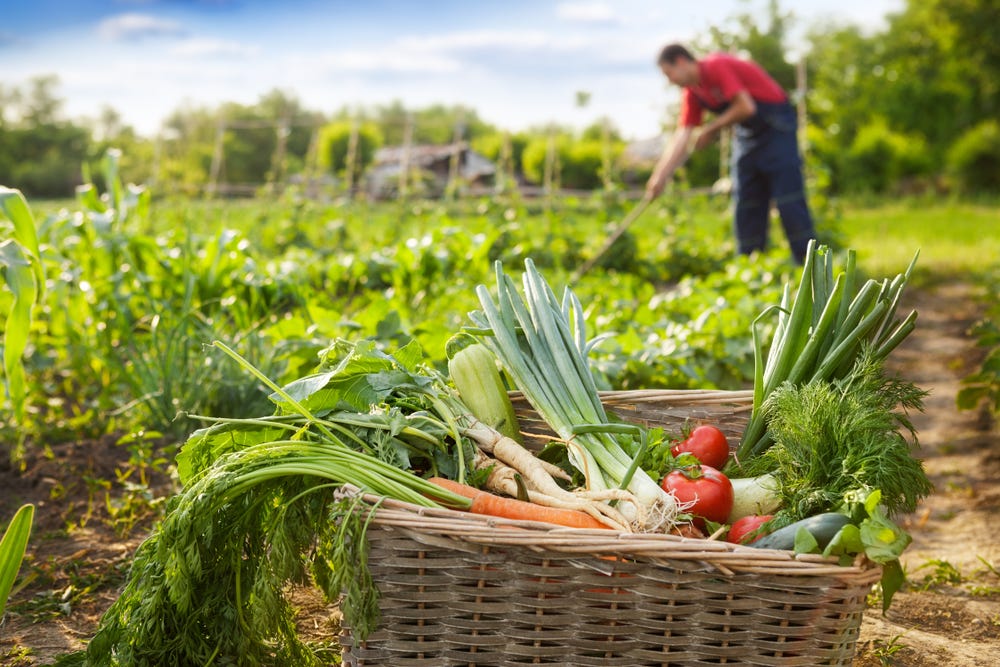Revolutionizing Agriculture: Unlocking the Future of Food Production
Share IT

Launch Your Dream Website with Us!
Click Here to Get in touch with Us.
Categories
food production
The future of food production is full with challenges and opportunities in a world where food consumption is only going to rise. There is unprecedented strain on agricultural systems to satisfy expanding demands sustainably as the world’s population is predicted to approach 10 billion people by 2050. The unrelenting pursuit of innovation in agricultural technology, however, offers promise in the midst of these difficulties.
Thank you for reading this post, don't forget to subscribe!Table of Contents

Welcome to the Age of Technology
Revolutionary improvements in the agricultural sector have been made possible by technological advancements. Today’s agricultural toolkit is growing at a never-before-seen rate, with everything from hydroponics and genetic engineering to precision and vertical farming.
Robotics and AI: Using Their Potential
Artificial intelligence (AI) and robotics integration is one of the most exciting trends in food production. Predictive analytics, autonomous machinery, and precision farming methods are being made possible by these technologies, which are transforming agricultural operations. Nowadays, farmers can increase yields, reduce waste, and allocate resources in the most efficient way possible.
Ethical Approaches to a Future That Is Greener
Sustainability in agriculture has become more important as environmental issues become more pressing. The use of techniques that support soil health, biodiversity, and carbon sequestration is becoming more and more popular, from regenerative agriculture to organic farming and agroforestry. Farmer adoption of these sustainable alternatives can both ensure long-term food security and lessen the negative effects of climate change.
Grow Tomorrow with Vertical Farming
Offering an efficient and long-lasting answer to urban agriculture, vertical farming is a paradigm change in the food production industry. Vertical farms may grow high-quality crops year-round with minimum water and land usage by means of hydroponic or aeroponic systems and vertical space utilization. Not only are these cutting-edge farms productive, but they can withstand changes in the weather and outside interference.
A Better Tomorrow Through Genetic Engineering
The potential for increasing agricultural yields, nutritional quality, and resistance to pests and diseases is enormous as genetic engineering advances. Researchers can accurately modify a plant’s genetic code to increase desired features without introducing foreign genes by using methods like CRISPR-Cas9. This strategy seeks to usher in a new era of agricultural productivity by revolutionizing crop breeding.
Aligning for a Sustainable Future in Concluding
Our food production has countless opportunities ahead of us as we approach the start of a new agricultural revolution. We can meet the problems of feeding an expanding population while preserving the environment for coming generations by embracing scientific discoveries, sustainable practices, and technological innovation. Together, let’s build a future where sustainability, resilience, and abundance are paramount.
Ultimately, the future of food production is a reflection of human inventiveness and our shared desire to improve the planet, not merely a question of technology. By using innovation as a compass and sustainability as our guiding concept, we can realize the full potential of agriculture and guarantee a plentiful crop for future generations.

Launch Your Dream Website with Us!
Click Here to Get in touch with Us.





























































Recent Comments